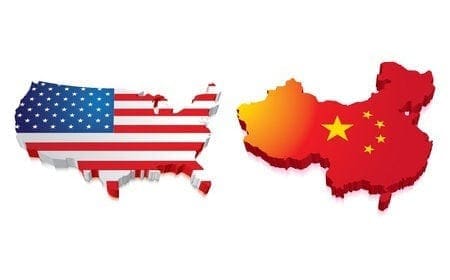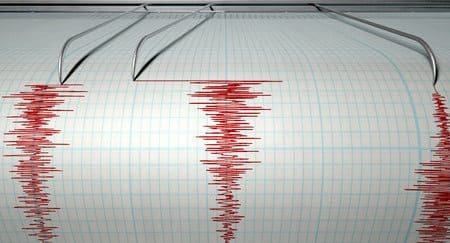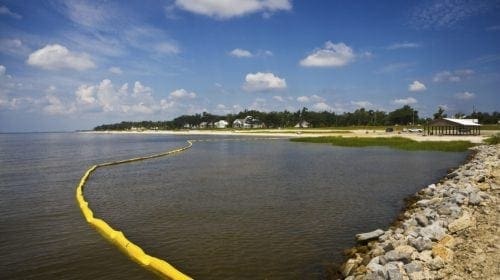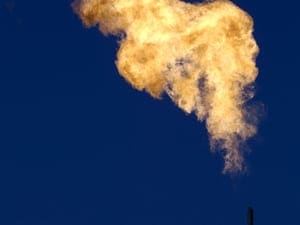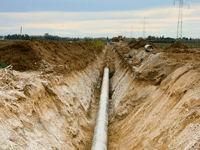The increase in the number of Oklahoma earthquakes has caused a great deal of concern for residents. Throughout the state, the rise in these quakes is more than just a nuisance but a major safety hazard and property preservation issue. Residents are tired of waiting on the oil and gas companies to find other ways to dispose of their wastewaters. se quakes is more than just a nuisance but a major safety hazard and property
Recently a group of state energy officials issues a report offering guidance on how to handle the earthquakes entitled “StatesFirst – a Partnership between state officials and the Interstate Oil and Gas Compact Commission and Ground Water Protection Council.” The 148-page report does not present regulations or amendments to current regulations, but candidly addresses the earthquakes in Oklahoma, fracking and waste fluid disposal wells. It addresses how states could handle seismic activity without infringing on the individual state laws.
Thirteen states have joined the StatesFirst report as it pertains to disposal wells, not hydraulic fracturing. The report candidly discussed the link between wastewater wells and earthquakes. Without presenting ways to regulate or change the current disposal methods, the report addressed the concerns of residents in the 13 states where earthquakes are on the rise. Reference links and public relations strategies of the oil and gas companies were also addressed in the report.
Following the report, Oklahoma residents petitioned the EPA to take over the wastewater disposal of the oil and gas companies. According to Michael Teague, Oklahoma Secretary of Energy and Environment, the EPA district that currently covers Oklahoma is not interested in taking that step. In fact, he told Oilman that “there have been no threats from the EPA” and only “tremendous support” in spite of receiving several petitions for them to start regulating.



